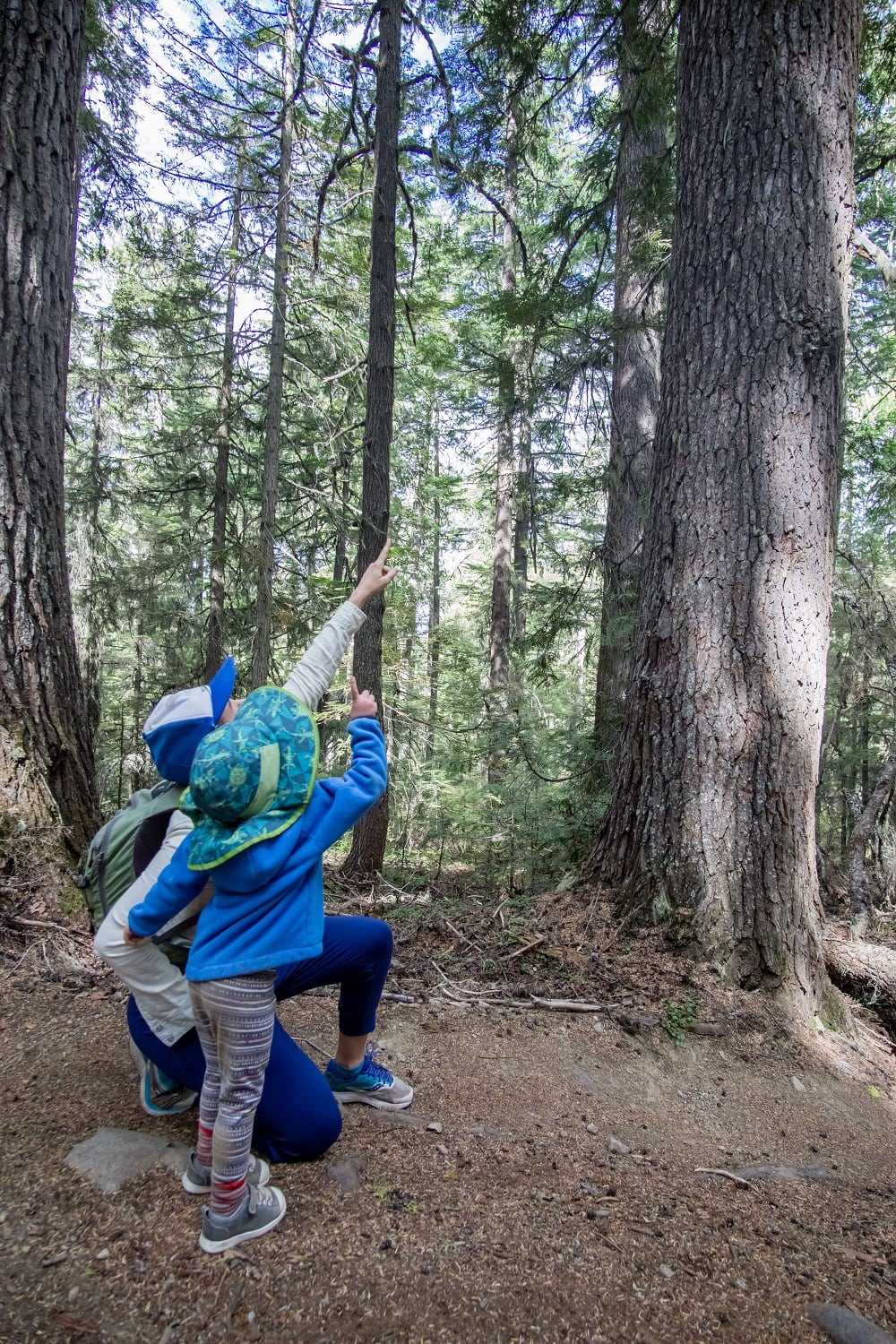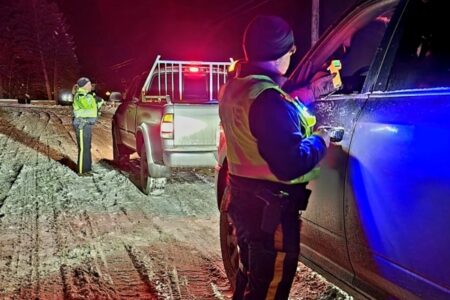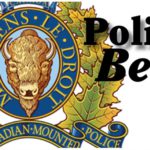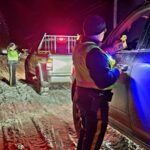OP/ED: An update on BC’s last remaining old growth forests
Earlier this month, as public pressure mounted in Fairy Creek, across the province, and right here in the West Kootenays, the BC NDP Government finally honoured the request of the Pacheedaht, Ditidaht, and Huu-ay-aht First Nations, and deferreding (temporarily stopped) old-growth logging in the Fairy Creek watershed and central Walbran areas in their territories for two years.
In September of 2020, the Province released “A New Future for Old Forests,” an independent strategic review of old-growth forest management in British Columbia. This detailed report revealed that we simply can’t harvest timber or manage forests using past approaches if we hope to conserve these ancient forests for us today and for our children. The findings also resulted in 14 recommendations to ensure sustainable, long-term management of old-growth forests, with a key pillar being working closely with Indigenous Peoples.
Many British Columbians across the province felt that the BC Government wasn’t taking enough action on these recommendations, which called for the immediate deferral (meaning don’t log) of high-risk old growth forests. When the logging company, Teal Jones, was set to log some of the last remaining old-growth trees in the Fairy Creek watershed, concerned citizens began speaking up against the BC Government’s inaction. Right here in the West Kootenays some of your favorite hiking and mountain biking trails are in old growth forest and could be logged: Kokanee Old Growth Cedars by Kokanee Glacier Provincial Park, Retallack Old Growth Cedars near Kaslo, Davis Creek to Fishhook Lake north of Kaslo by Kootenay Lake, John Fenger Memorial Trail near Lardeau, Bear’s Den Trail up Giveout Creek Road near Nelson, Ymir Trails, Ka Papa Cedars between Kootenay Pass & Creston, and 100 Acre Wood at Murphy Creek between Rossland & Nancy Greene Lake.
While the last remaining old growth forest is still being logged today, the Provincial Government is taking a step in the right direction for conserving old growth forests and the critical habitat they provide for endangered animals, like caribou, and carbon capture and storage in the face of global warming. They recently announced the creation of an independent Old Growth Technical Advisory Panel.
News of the BC government turning to the scientific community to inform next steps is promising. The panel of experts is well-rounded and includes a member of the Tahltan Nation in northwestern British Columbia (Garry Merkel); two independent ecologists, one of whom is from Nelson B.C. (Rachel F. Holt Ph.D. and Karen Price Ph.D.); a forest policy analyst (Lisa Matthaus); and a landscape analyst (Dave Daust).
These five members will work together to help improve public information on old-growth, which is Recommendation 5 from the Old-Growth Strategic Review. They will provide maps, analysis and detailed information on the status of old-growth ecosystems, which will also help inform government decision-making with First Nations on future deferral areas.
While this is a step in the right direction, deferrals aren’t a permanent answer. We know that we need to continue to hold the BC NDP accountable on its promise to implement all 14 recommendations from the independent old growth forest report, and work towards real sustainable forest management. We need to make sure the working families who rely on forestry can have good jobs that last for decades, and with only a tiny amount of old growth forest left in BC, people in jobs centered on logging old growth forests are at high-risk, like the old growth forest, of not having what they need to get by. .
It’s clear British Columbians want to defend their last remaining old growth forests. While there is still a lot of work to be done, this science-based Technical Advisory Panel is a positive step to better forest management in British Columbia. We have proven that when enough people come together, our collective actions do make a difference. We can be proud of this moment where British Columbians are coming together to take this next step.
Montana Burgess is the Executive Director of the West Kootenay EcoSociety and lives on the unceded land of the Sinixt Peoples in the Slocan Valley. Learn more about old growth forests at www.ecosociety.ca/campaign/defend-old-growth-forests/
























Comments